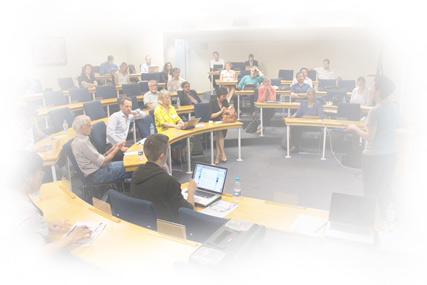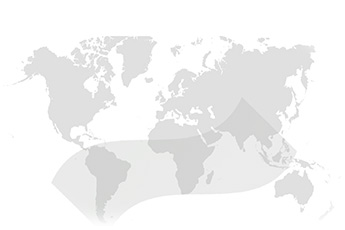Open Access and OER in Latin America: A survey of the policy landscape in Chile, Colombia and Uruguay
Read the chapter |
Read the chapter in Spanish |
This chapter presents an overview of the mechanisms (funding, policy, legislative and procedural) adopted by Latin American governments with respect to Open Access and Open Educational Resources (OER) initiatives in the higher education sector. It addresses three questions: How do the higher education systems of Chile, Colombia and Uruguay operate and fund their activities in general? How do existing policies and processes incorporating Open Access and/or OER influence student access to learning and research materials in these countries? What policy, advocacy and community-building interventions might be useful for promoting Open Education activities in these contexts?
This study employed a descriptive, case study approach to examine whether and how Open Access and OER policies have been applied at national and institutional levels. It first engaged in an Open Education policy country-mapping exercise, then conducted a comparative analysis, and concluded the research process with a workshop conducted with 10 regional education experts and activists to validate findings.
Findings indicate that while each country has its own approach to funding higher education, there are few or no specific national and/or institutional policies aimed at promoting Open Education in the higher education sectors. Low OER awareness and a commercialised model of higher education appear to account for the lack of any OER policies in Chile, while in Colombia various national and institutional strategies reveal a country at a nascent stage of Open Education policy development. By contrast, the nature of OER management and extent of policy implementation in Uruguay suggests that it is an enabling environment for current and future open policy development.
All of these countries are making investments in science, technology and innovation programmes and projects, making this the most fruitful field for potential Open Education advocacy.
Based on the outcomes of this study, a number of recommendations are proposed, including: fostering and strengthening networks among Latin American civil society organisations promoting Open Education; engaging with higher education
stakeholders on how to develop open policies; promoting open policies and mandates for publicly funded research; developing bottom-up and top-down strategies for greater engagement with OER; and providing greater visibility to existing Open Education projects in the region.
Citation
Toledo, A. (2017). Open Access and OER in Latin America: A survey of the policy landscape in Chile, Colombia and Uruguay. In C. Hodgkinson-Williams & P. B. Arinto (Eds.), Adoption and impact of OER in the Global South (pp. 121–141). Retrieved from
Colombia, Uruguay and Chile country reports produced as background to study.
Toledo, A, Botero, C. & Guzman, L. (2014) Public expenditure in education in Latin America. Recommendations to serve the purposes of the Paris Open Educational Resources Declaration. Open Praxis, 6(2), 103–113. Retrieved from https://oerknowledgecloud.org/sites/oerknowledgecloud.org/files/119-547-2-PB.pdf



